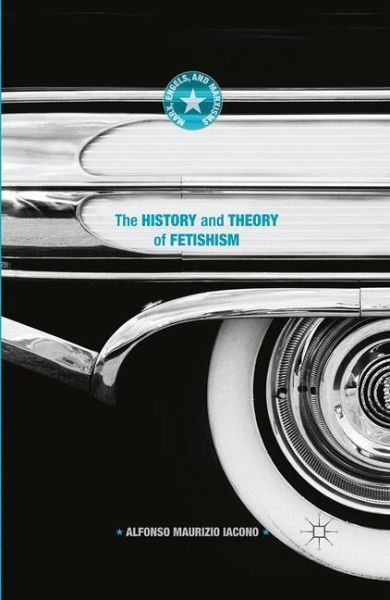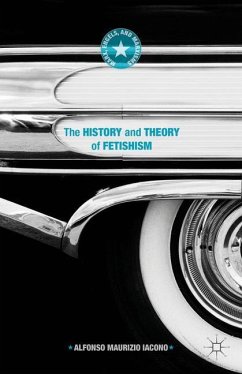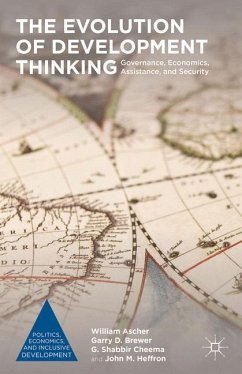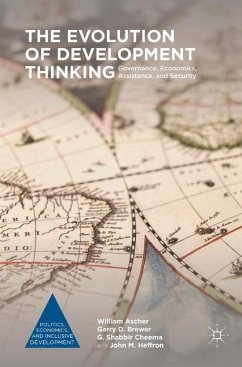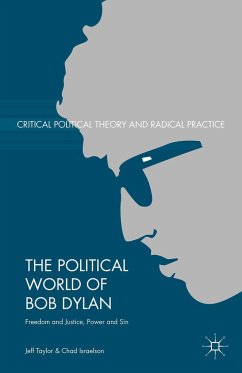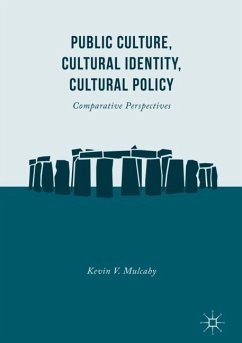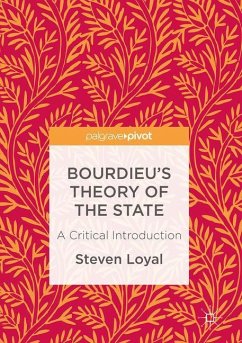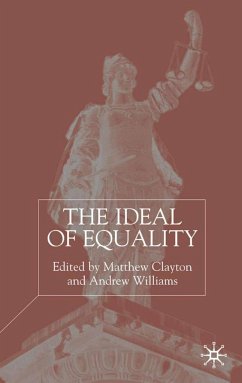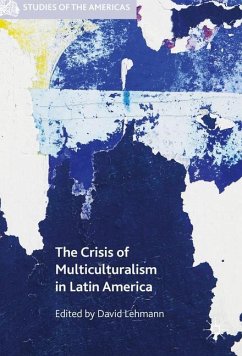Iacono's intellectual history of the concept of fetishism will definitely draw interest in the context of recently reinvigorated discussions of the topic. Although he has already published quite widely on this topic in Italian, he has not done so in English, so his work will still be freshly received by an English-speaking audience. Four potential audiences immediately suggest themselves. Intellectual historians will find useful the historical trajectory that is provided here, from colonial thought in the early modern period through to 20th century developments in critical theory. Social theorists likewise will be interested in the link that is drawn between thought that emerged in the context of encounters with radical otherness, on the
one hand, and the development of one of the most important terms in the modern critical lexicon, on the other. Anthropologists and scholars of comparative religion will be attracted to the book both for its overall theoretical contribution, especially in Ch. 5, and for the disciplinary proto-history traced in the opening chapters. Finally, scholars of Marx and Marxist thought will be interested in the critical genealogy provided here of one of the central concepts in Marxist analysis. In all four arenas, the audience will be mature academics and graduate students, since the work is pitched at too specialized a level for even advanced undergraduates.
The proposed book is clearly based on a considerable period of research and reflection, which shows in both its historical scope and its analytical depth. There are two areas, though, where I think that the final manuscript would have to pay more attention than is indicated in the proposal. The first is Freud. Since the work aims to be a comprehensive critical survey of theories of fetishism, and particularly since a whole chapter is devoted to the 20th century development of the concept of fetishism in continental critical theory, including the Frankfurt school, Freud should have more room here than just a section towards the end of Ch. 3. The second is the book's critical engagement with others who have recently addressed the topic. Pietz and Latour are only very briefly mentioned in the proposal, and not at all in the main synopsis, but the book will have to indicate very clearly how its history takes us further than Pietz's seminal account, and especially how it engages with the debates that have emerged since the English-language publication of Latour's critique of the anti-fetishist project. Whatever its flaws, Latour's account of fetishism has been the major impetus for the renewed attention now being paid by English-language scholars to the concept, in anthropology, social theory, and the humanities more broadly. This will be one of the main reasons scholars will want to read this book, and it will not succeed without explicitly situating its argument in relation to Latour's. Myself, I think that the book's appreciation of the critical possibilities contained in the concept of fetishism will mark a welcome rebuttal of Latourian anti-modernism.
The organization of the book is historical, and no significant revision seems to be necessary on that front. I have only two concerns. One is to repeat my worry that Freud is given short shrift in Ch. 3. The second is that this same brief treatment of Freud indicates a broader tension in focus, between wanting to provide a comprehensive history of modern thought about fetishism, on the one hand, and wanting to trace the critical potential of its development specifically in Marxist thought on the other. There is nothing in the title, for example, to suggest that the book is pitched as a contribution to Marxist criticism, but that is clearly one of its major ambitions. This ambiguity should be addressed.
